Risk Factors and Treatment

What are risk factors for sleep apnea?
Obstructive sleep apnea is more common in males than females, and more common in older adults (40+) than younger adults and children. However, anyone — regardless of gender or age — can suffer from sleep apnea. Other risk factors include obesity, smoking, drinking, use of sedatives or tranquilizers, and family history. Central sleep apnea strikes most often in people with heart disorders, neuromuscular disorders, strokes, or brain tumors. It is also more common in males.
Is sleep apnea dangerous?
Sleep apnea is considered a serious medical problem. If left untreated, it can lead to high blood pressure and increased risk of heart failure and stroke. The ongoing state of fatigue caused by sleep apnea can lead to problems at work or school, as well as danger when driving or operating heavy machinery. Sleep apnea can also cause complications with medication or surgery: sedation by anesthesia can be risky, as can lying flat in bed after an operation. If you know or suspect you suffer from sleep apnea, let your family doctor know before you take prescription medication or undergoing surgery.
How is sleep apnea treated?
Treatments for sleep apnea depend on the severity of each individual case, and the type of apnea. Treatment options include Dental Device Therapy, CPAP, surgery, positional therapy and, weight loss.
What should I do if I suspect that someone in my family suffers from sleep apnea?
Contact our practice. Dr. Perry can discuss which therapy is best for your situation. A sleep study is necessary to determine the severity of apnea or snoring. If a dental device is determined to be most effective method of treatment, one can be custom-fabricated for you.
If you or a family member have sleep apnea, and cannot tolerate the use of the CPAP machine, a dental device may be the preferred treatment.
